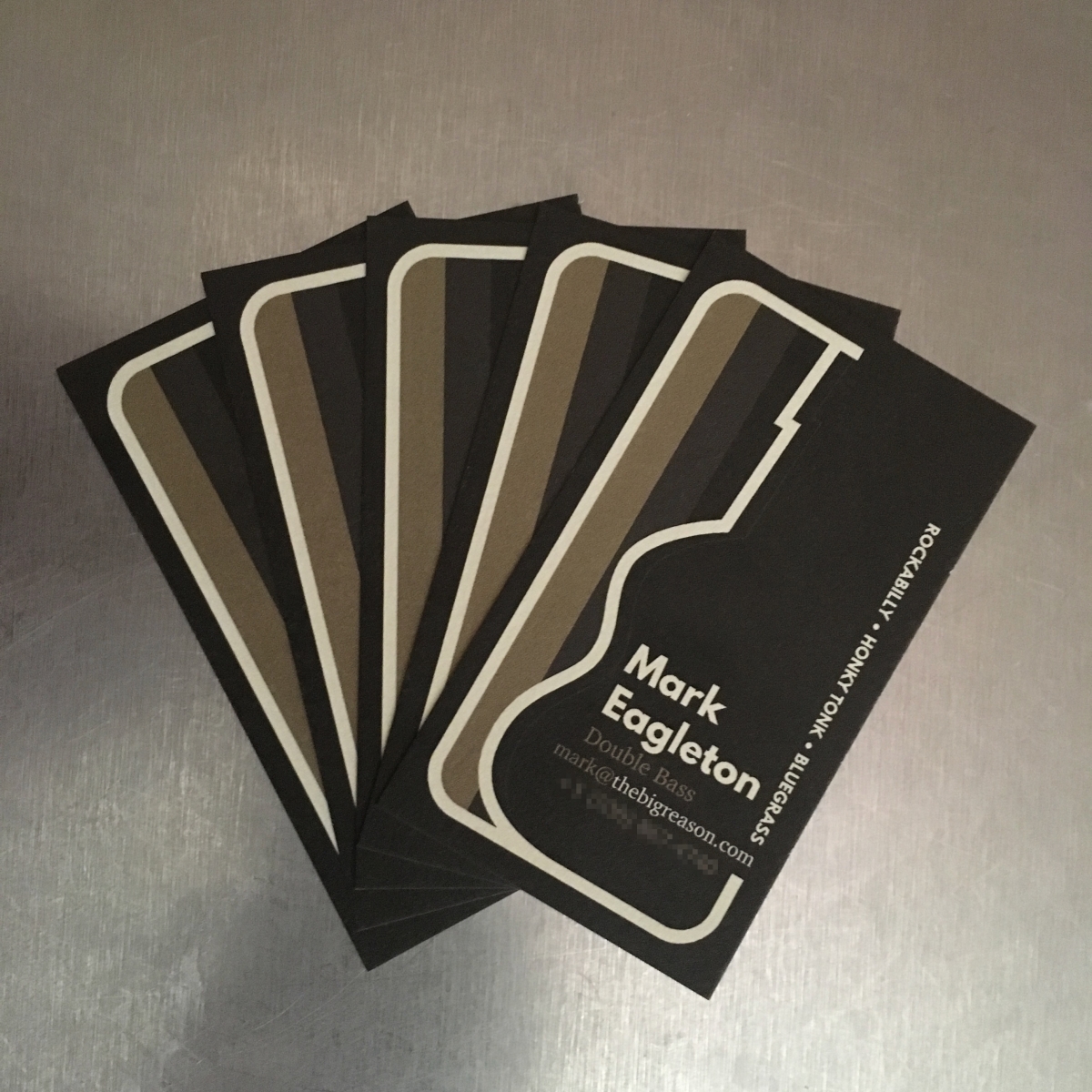
I Deleted My Facebook Account
I joined Facebook back in 2006 when it first opened to the general public. I did this mostly because I was involved in building a social network platform to help artists, record labels, and management companies take their web presence back from MySpace. Fast-forward 11 years: I’m focusing more on my own music, Facebook is the new MySpace, and here I am trying to take back ownership of my web presence from them.
It isn’t easy to pull the plug on Facebook, especially when you need to promote things. It seems like everyone and everything lives there, and you have to work a bit harder when you don’t. So why did I leave? Quite a few reasons, actually.
First of all, I don’t like aggressive advertising. I don’t mind advertising in general, but I don’t like the amount of data it consumes, and I certainly don’t like it creepily following me around the internet.
I find Facebook to be extremely annoying. I don’t think I’m the only one. I like keeping up with family and friends to some degree, but the constant bombardment of soapbox sermons is insufferable. Not just from the people who feel differently about guns, science, racism, national anthems, and misogyny than I do, but from my own echo chamber as well. I’m not looking for opinions when I’m booking gigs or keeping up with family and friends. When I want perspective, I know where and how to politely ask for it.
It’s also a struggle for me to keep up with so many communication channels. I have 4 email accounts, 3 Twitter accounts, text messages, Slack, and a random assortment of music promotion web sites to keep track of. That is hard enough to manage without having to jump between Facebook Messager, Facebook Pages Manager and regular Facebook for multiple bands, the company I work for, and my own personal account.
On the more serious side of things, Facebook is killing the open web. I am a web developer by trade, and it’s irresponsible of me to participate in something that is working to undermine one of humankind’s greatest achievements. I can simply no longer do this in good conscious.
Facebook also has a long history of doing shitty things, from freebooting videos, to hastily shutting down the pages of vulnerable groups. For me, the last straw was their questionable involvement in the 2016 US presidential elections.
A lot of this same reasoning could be used to make a case for me to delete my Twitter accounts as well, but the way I use Twitter precludes it from the advertising and opinion-oriented annoyances I encountered on Facebook. I guess annoyance is a bigger motivator for me than being morally offended. I should probably question that at some point.
It took a while for me to get to a point where I felt comfortable letting the music networking benefits of Facebook go. I suppose part of that is being happy with the kind of work your bands get. The traditional concert scene has never been very lucrative for any band I have ever played in. Private events and restaurants have always been way more worth while1. Fortunately, Facebook isn’t as useful for these kinds of gigs.
But the venue to band relationships aren’t the only place gigs come from. Musician to musician relationships are just as important, if not more so—especially if you do rely heavily on your playing for income. In this case, getting work requires making new connections, and being easily reachable. Facebook is extremely powerful in this respect.
Fortunately, I’m in two very stable bands that play frequently enough that I don’t need to network my way from gig to gig. At least not presently. Still, this is the part that has been the most difficult. You don’t realize how many phone numbers and email addresses you don’t have until you shut down your Facebook account.
As with most work, word of mouth is king. The trick is to stay reachable while everyone else is on Facebook. That requires having business cards (and remembering to ask for them), going to lots of shows, and chatting up the players. People will inevitably mention something about hitting them up on Facebook. Use this as an opportunity to build some respect, while being careful not to offend them. I’ve found that most people respond positively when you tell them you have shutdown your Facebook account. The trick is to not come off as morally superior. At the same time, don’t make yourself sound out of touch by simply saying you’re not on Facebook.
While I wouldn’t say I have no regrets (get everyone’s contact information before you delete your account), I would be lying if I said I didn’t actually feel just a tiny bit morally superior.
- Now this is something that I could write a lot about. ↩